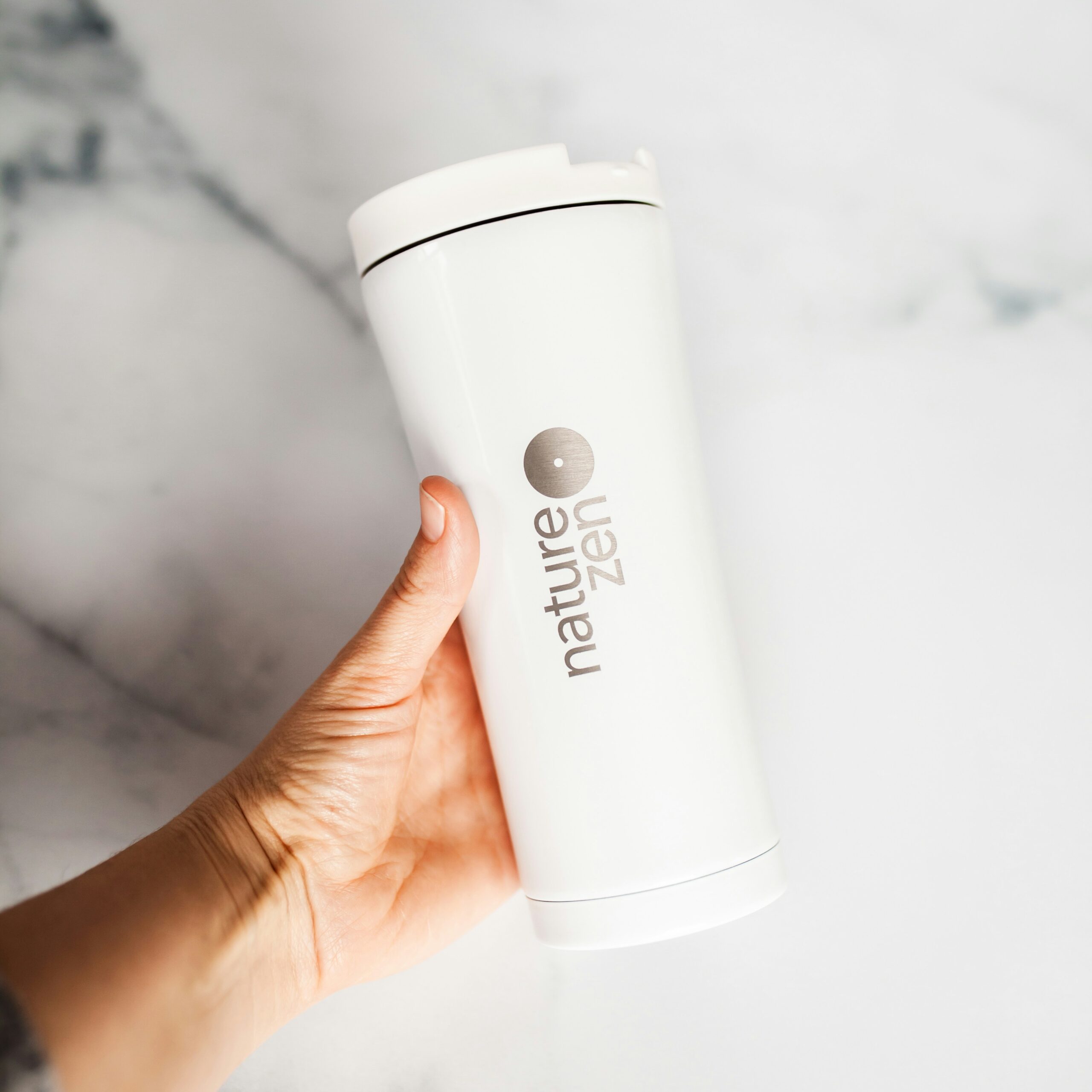Weight loss surgery represents a significant financial investment. Understanding bariatric surgery costs helps patients make informed decisions about their health journey. This comprehensive guide breaks down every aspect of weight loss surgery pricing.
Average Bariatric Surgery Cost in 2024
The average cost of bariatric surgery in the United States ranges between $17,000 and $26,000. Individual procedures can vary from $7,400 to $33,000 before insurance coverage. These costs depend on multiple factors including location, surgeon expertise, and procedure complexity.
Different bariatric procedures carry distinct price points. Laparoscopic sleeve gastrectomy costs approximately $12,250. Gastric bypass surgery ranges between $15,000 and $35,000, with $23,000 being the most commonly quoted price. The national average cost of gastric sleeve surgery varies between $15,067 and $38,045.
Gastric Bypass Surgery Cost Breakdown
Gastric bypass represents one of the most popular weight loss procedures. The total cost includes several components that patients must consider. Surgeon fees typically represent the largest portion of the expense.
This price typically includes the surgeon’s fee, anesthesia, hospital or surgical center fees, and follow-up care. Hospital facility costs vary significantly based on location and amenities. Anesthesia fees depend on procedure duration and complexity.
Pre-operative testing adds additional expenses. These tests ensure patient safety during surgery. Post-operative care continues for months after the procedure.
Weight Loss Surgery Insurance Coverage
Most major insurance providers cover bariatric surgery under specific conditions. Patients must meet strict medical criteria for approval. Medicare covers some bariatric surgical procedures (like gastric bypass surgery and laparoscopic banding surgery) when you meet certain conditions related to morbid obesity.
Insurance coverage varies significantly between providers. Some plans cover the entire procedure cost. Others require substantial co-payments or deductibles.
Weight loss surgery is not always covered by insurance and if it is, the coverage and cost may vary depending on the provider. Patients should verify their specific benefits before scheduling surgery. Pre-authorization requirements often extend the approval process.
Bariatric Surgery Financing Options
Multiple financing solutions exist for uninsured patients. Prosper HealthCare Lending offers loans for bariatric treatment. Prosper Healthcare Lending is the premier financing company in the Bariatric industry.
Medical credit cards provide another financing avenue. These cards often offer promotional interest rates. Personal loans from banks represent traditional financing options.
If your insurance does not cover the cost and you’re paying for the surgery yourself, total costs range from $18,000 to $24,000 for a primary (first-time) surgery and $25,000 to $33,000 for a revision or conversion surgery. Cash payment discounts sometimes reduce overall costs.
Gastric Sleeve Surgery Cost Analysis
Gastric sleeve surgery costs less than gastric bypass procedures. The minimally invasive technique reduces hospital stay duration. Recovery time impacts overall medical expenses.
Sleeve gastrectomy requires fewer follow-up appointments. The procedure complexity influences surgeon fees. Geographic location significantly affects pricing structures.
Outpatient facilities often charge less than hospitals. Surgeon experience levels impact fee structures. Insurance coverage varies for different procedure types.
Long-term Cost Savings from Weight Loss Surgery
Bariatric surgery provides substantial long-term healthcare savings. Studies have suggested that over a five-year period post-surgery, individuals may experience significant reductions in healthcare costs related to obesity-related comorbidities, potentially resulting in overall cost savings of $5,000 to $10,000 or more every year.
Reduced medication costs contribute to savings. Diabetes management expenses decrease significantly. Blood pressure medication requirements often diminish.
GLP-1 RA are lifelong medications for obesity management that are not always covered by insurance and can cost some people $800 to $1,200 per month out-of-pocket. Surgery eliminates these ongoing medication expenses.
Bariatric Surgery Payment Plans
Flexible payment plans make surgery more accessible. Many surgical centers offer in-house financing. Monthly payment options reduce upfront costs.
Zero-percent interest promotions benefit qualified patients. Extended payment terms lower monthly obligations. Credit checks determine financing eligibility.
Healthcare savings accounts provide tax advantages. Flexible spending accounts cover qualified expenses. Employer-sponsored wellness programs sometimes offer assistance.
Factors Affecting Weight Loss Surgery Costs
Geographic location creates significant price variations. Urban areas typically charge higher fees. Rural locations often provide lower-cost alternatives.
Surgeon credentials influence pricing structures. Board certification affects fee schedules. Years of experience impact cost calculations.
The present work identified significant interhospital variation in the costs of bariatric operations. Hospital reputation affects pricing strategies. Accreditation status influences cost structures.
Conclusion: Making Weight Loss Surgery Affordable
Understanding bariatric surgery costs empowers patient decision-making. Insurance coverage significantly reduces out-of-pocket expenses. Financing options make surgery accessible to more patients.
The long-term health benefits justify the initial investment. Cost savings from reduced medical care offset surgery expenses. Quality of life improvements provide immeasurable value.
Research multiple surgeons and facilities for optimal pricing. Verify insurance coverage before committing to surgery. Explore all financing options for the best terms.







